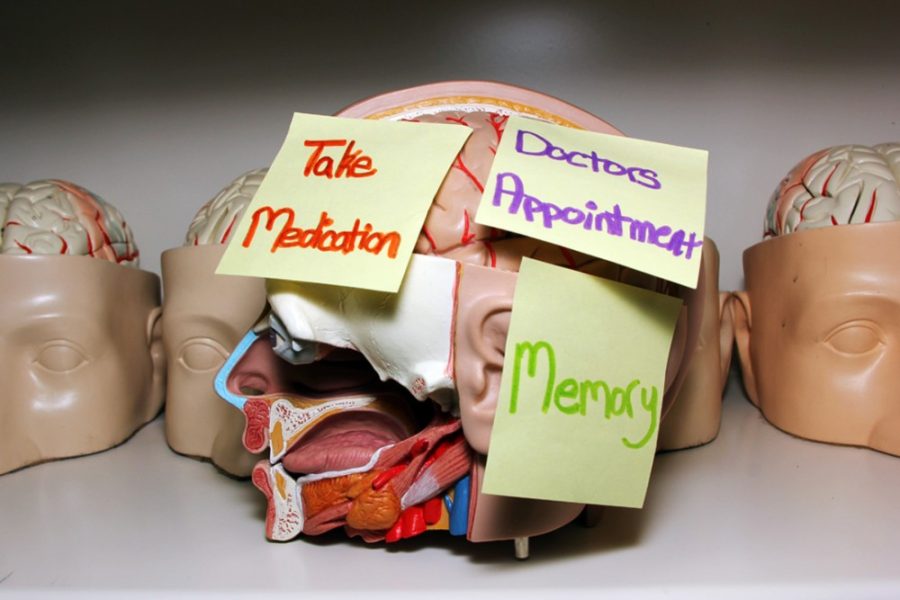While diseases like vascular dementia are incredibly devastating, the majority of the population ages normally, according to Carol Barnes, a regents’ professor in the department of psychology and director of the Evelyn F. McKnight Brain Institute.
Barnes explained that 86 percent of adults over the age of 71 do not have dementia, and that she saw importance in researching normal aging to see where pathological deviations began to occur and to optimize brain development throughout life.
Barnes said that memory loss from normal aging is not accredited to brain cell loss.
“From when you’re 15 to when you’re 101, you have the same number of cells,” Barnes said. “It’s not that there is zero cell loss in the brain, but it’s certainly not widespread.”
Long-term memory storage occurs primarily in the hippocampus, a structure located in the medial temporal lobe of the brain. Neurons within the structure communicate with one another through the use of synapses.
“At these synapses, you modify the strength of how one cell communicates with another,” Barnes said. “That is your memory.”
Researchers believe that memory loss occurs when these connections between the synapses of cells begin to decay as cells age.
To understand more about how the brain changes in normal aging, Gene Alexander, a professor of psychology and member of the Scientific Advisory Board of the Evelyn F. McKnight Brain Institute, uses MRI imaging and other techniques.
“It’s well established that as people age, even people who are healthy, they have areas of atrophy in the brain,” Alexander said. “That atrophy is shrinkage due to the reduction in the extension of synapses and dendritic arborization in the cells, and these areas of reduction in brain volume [are] correlated with some of the changes we see cognitively.”
Both Barnes and Alexander commented on the importance of lifestyle habits, including dietary habits. This was also emphasized by Jodi Charvoz, a registered dietician and nutrition counselor at the UA Life and Work Connections program. She explained that natural experiments have shown that Mediterranean diets rich in olive oil and the flavonols found in dark chocolate, nuts and wine are beneficial to brain health and reducing brain inflammation.
Barnes also indicated that studies have shown that individuals who continue to pursue higher education have a lower probability of developing dementing illnesses later on in life. Continuing to stimulate the brain will keep the connections between synapses in the brain healthy and strong, Barnes explained.
Alexander is focused on studying how physical activity allows for improved cognitive function in the elderly.
“There is growing evidence supporting the idea that exercise is not only good for the body, but good for the brain,” Alexander said. “Finding ways to enhance exercise activity in ways that are targeted to help the elderly is a great direction to go.”
Barnes stressed that these lifestyle habits are practical and should not only be implemented the moment one reaches old age.
“You’re not old at 65 and that’s it,” Barnes said. “Aging is a natural process of development and you can participate in your own healthy cognitive trajectory from very early ages. The younger you can start, the better.”
—Follow Kimberlie Wang @DailyWildcat









